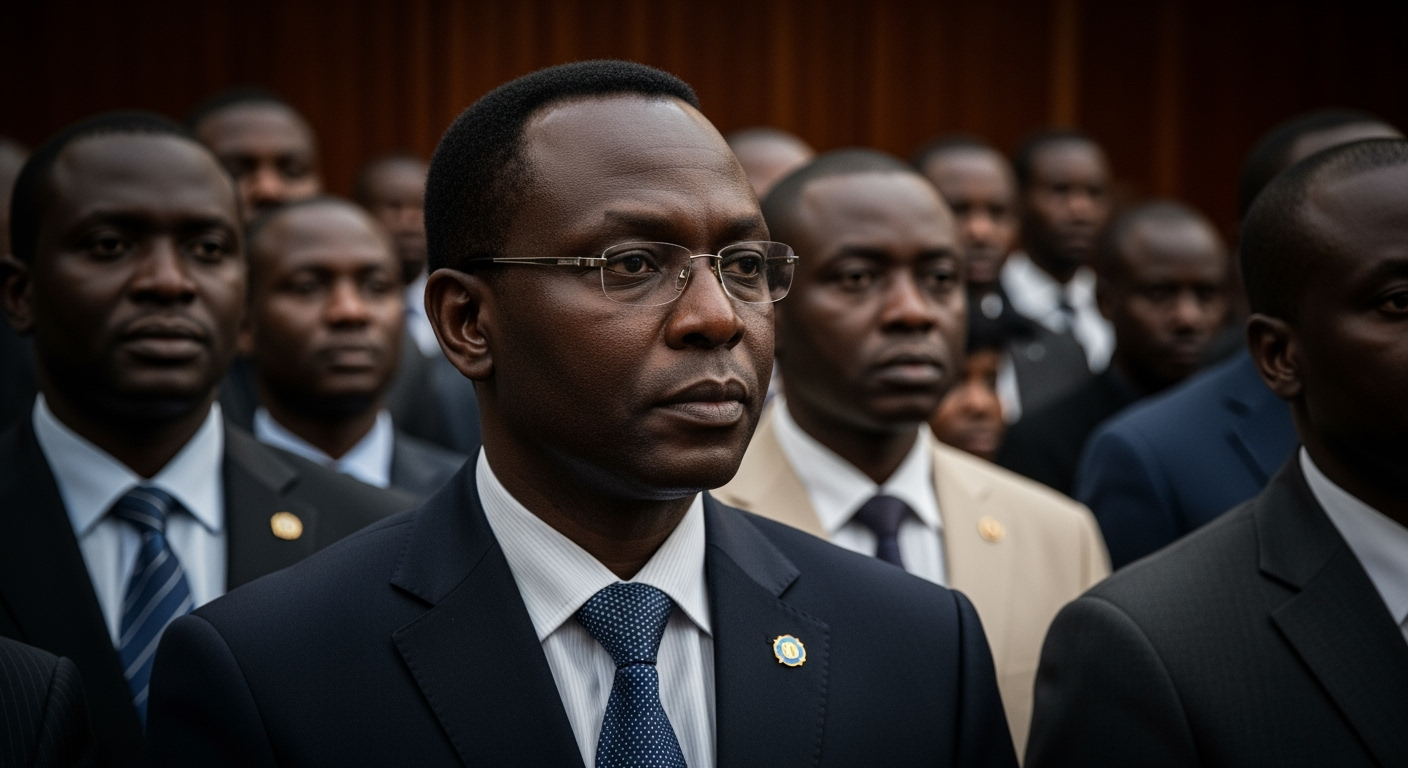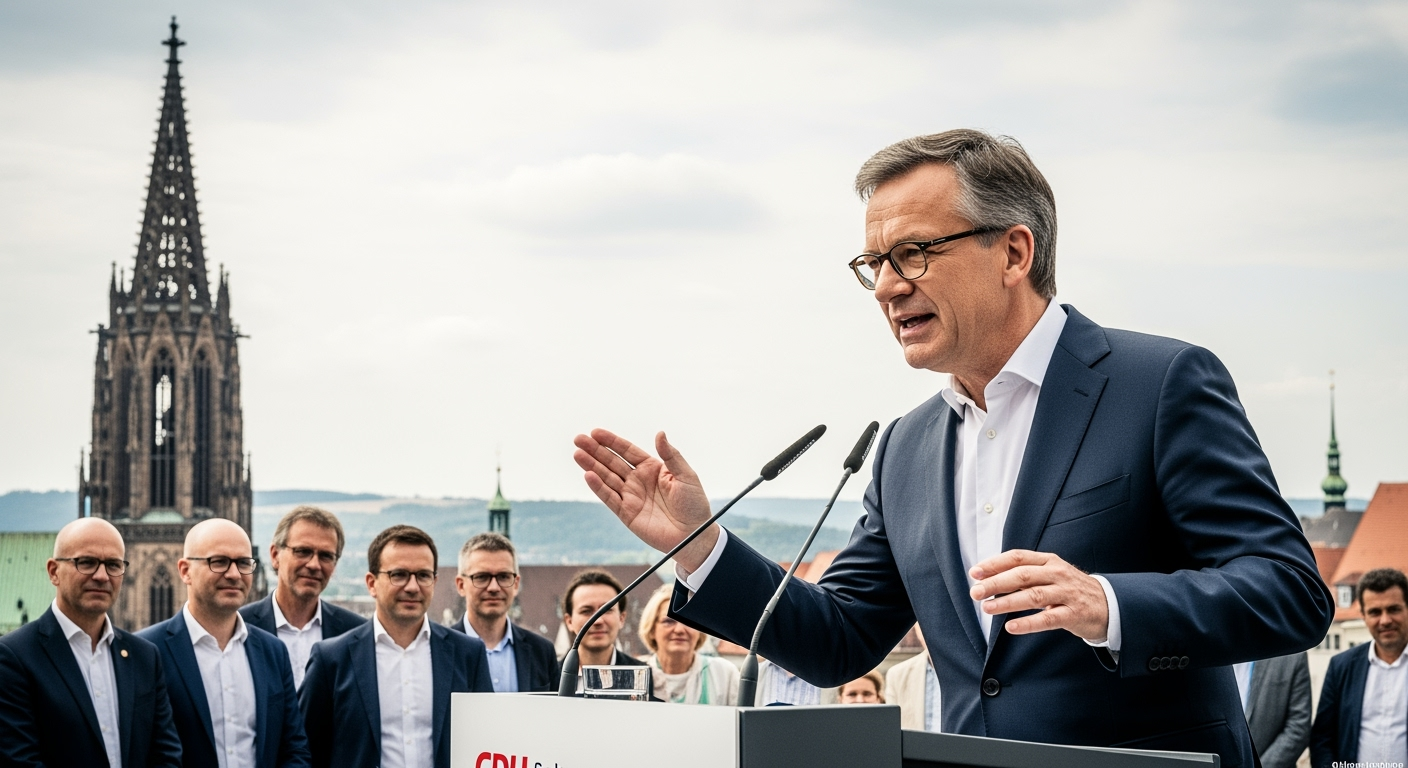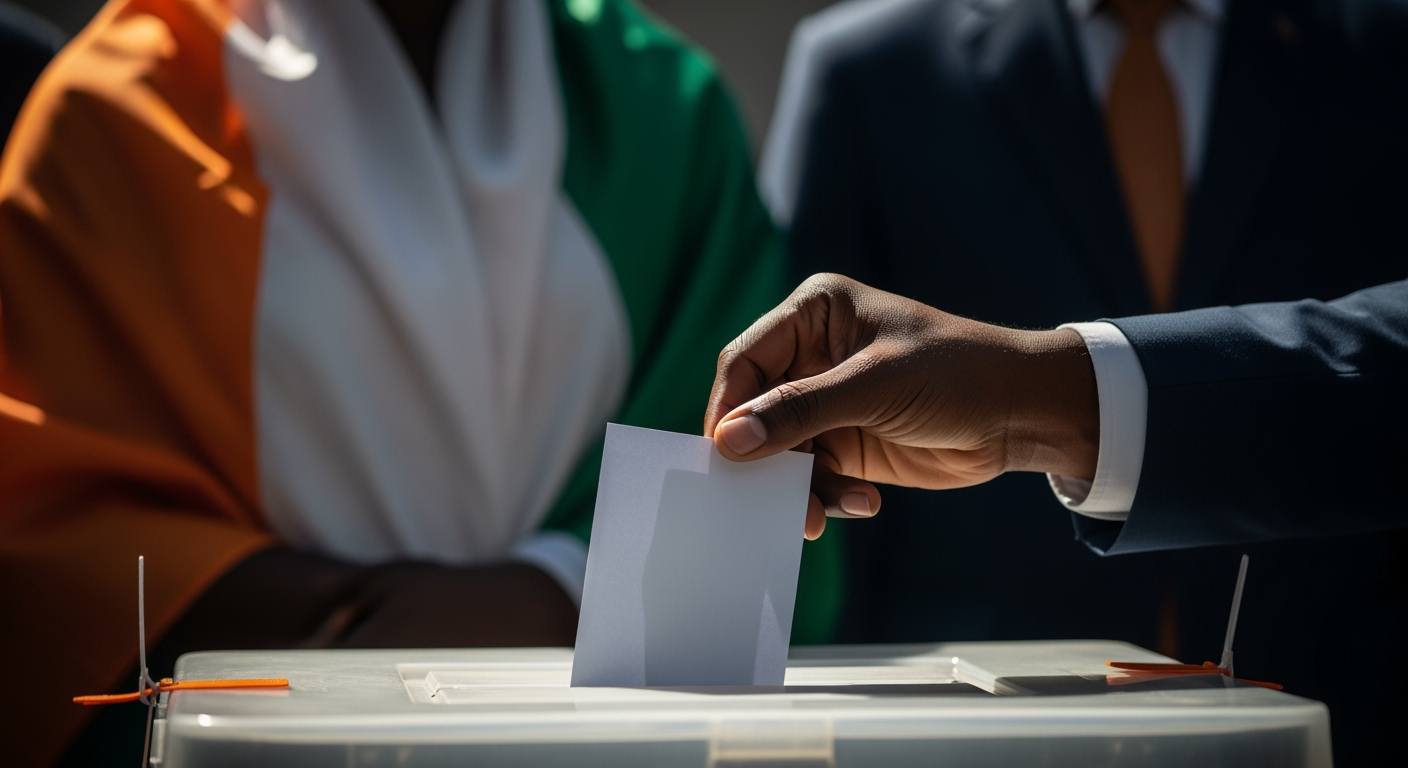Related Articles

Japan Deploys Military as Deadly Bear Attacks Reach Unprecedented Levels, Sparking National Concern

African Union Condemns 'War Crimes' as RSF Captures El Fasher, Deepening Sudan's Humanitarian Crisis





ABIDJAN, IVORY COAST – Alassane Ouattara has secured a fourth term as President of Ivory Coast, provisional results announced Monday, October 27, 2025, indicate, following an election marked by low voter turnout and the barring of prominent opposition rivals. The victory extends Ouattara's leadership in the world's top cocoa producer to nearly two decades, but it comes amidst accusations of democratic backsliding and a deepening political polarization that echoes the country's turbulent electoral history.
Ouattara, 83, received an overwhelming 89.7% of the vote, according to Electoral Commission head Ibrahime Kuibiert Coulibaly. This landslide outcome was largely anticipated after two major contenders, former President Laurent Gbagbo and former Credit Suisse executive Tidjane Thiam, were disqualified from the race, alongside other significant opposition figures. The contested election process, including Ouattara's decision to seek another term and the exclusion of key challengers, has ignited fresh concerns about the nation's democratic trajectory and its stability.
President Ouattara's journey to a fourth term has been paved with constitutional interpretations that have drawn intense criticism from the opposition. The Ivorian constitution typically limits presidents to two terms. However, Ouattara's administration maintains that a new constitution, adopted in 2016, reset the presidential term count to zero, thereby allowing him to seek additional mandates. This legal argument was first employed in 2020, enabling his bid for a third term after his chosen successor, Prime Minister Amadou Gon Coulibaly, died unexpectedly.
Ouattara's decision to run again in 2020 prompted significant political unrest, with opponents asserting that his candidacy was unconstitutional. Despite these objections, the Constitutional Council affirmed his eligibility in 2020, paving the way for him to win a third term with 94.27% of the vote amidst an opposition boycott. The current contest for a fourth term further solidifies this contentious interpretation, leading critics to describe the election as a "coronation" rather than a genuinely competitive democratic exercise.
The 2025 presidential election saw a significantly narrowed field due to the disqualification of several prominent opposition leaders. Former President Laurent Gbagbo, a historical rival of Ouattara, was barred from running due to a criminal conviction. Gbagbo had been sentenced in absentia to a 20-year prison term in 2018 for the "looting" of the regional central bank during the 2010-2011 post-election crisis.
Another key figure excluded was Tidjane Thiam, former CEO of Credit Suisse, who was widely considered a strong contender and potential fresh face for the opposition. Thiam's candidacy was invalidated on grounds of nationality, specifically his past dual Ivorian-French citizenship, despite his renunciation of French nationality earlier in the year. Former Prime Minister Guillaume Soro, another prominent opposition figure, also remained barred due to a prior criminal conviction, including a 20-year sentence in absentia for embezzlement.
The exclusion of these high-profile challengers significantly curtailed the competitive nature of the election, leaving only a handful of less prominent candidates to challenge the incumbent. Opposition parties vehemently condemned these exclusions, arguing that they stripped Ivorians of a genuine choice and were politically motivated.
The run-up to the 2025 election was characterized by a palpable sense of tension and a subdued atmosphere on polling day. Voter turnout was estimated at around 50%, a figure similar to the 2020 election, when many opposition supporters heeded calls for a boycott. Reports from Abidjan indicated empty streets and low participation in many polling stations, particularly in areas traditionally sympathetic to the opposition. In contrast, some of Ouattara's northern strongholds reported turnout close to 100%.
The opposition consistently denounced the electoral process, with Laurent Gbagbo labeling the upcoming poll as a "civilian coup d'etat" and "electoral robbery" in the days leading up to the vote. Protests against Ouattara's fourth term and the barring of candidates led to arrests and jail sentences for dozens of individuals accused of disturbing public order. Security forces, numbering around 44,000 personnel, were heavily deployed across the country to prevent unrest, particularly in opposition strongholds. While election day itself was generally calmer than anticipated, incidents were reported at some polling stations, and clashes in the preceding weeks resulted in several deaths and injuries.
Ouattara's supporters often highlight his administration's record of economic growth and stability since the civil war that followed the 2010 election. As a former International Monetary Fund official, Ouattara is credited with overseeing a period of significant infrastructure development and an average annual growth rate of 7%, positioning Ivory Coast as an economic powerhouse in West Africa. This narrative suggests that his continued leadership is essential for maintaining prosperity.
However, critics argue that these economic benefits have not been equitably distributed, with persistent high youth unemployment and rural-urban inequality. Furthermore, concerns about democratic institutions have grown, with opponents accusing Ouattara of eroding freedoms and silencing dissent. International observers, such as The Carter Center, expressed concerns in 2020 that the overall context of the elections did not allow for a genuinely competitive process. The pattern of "third-termism" and extended mandates is a broader concern across West Africa, raising questions about the future of democratic governance in the region.
President Alassane Ouattara's reelection to a fourth term underscores a complex political reality in Ivory Coast. While his supporters point to his role in economic recovery and stability, his prolonged stay in power, facilitated by a controversial constitutional interpretation and the exclusion of key rivals, presents a significant challenge to democratic norms. The low voter turnout and widespread opposition discontent signal a deeply divided populace and raise questions about the long-term legitimacy of the electoral process. As Ouattara embarks on another term, the task of fostering national reconciliation and strengthening inclusive democratic institutions remains paramount for the future stability and progress of Ivory Coast.